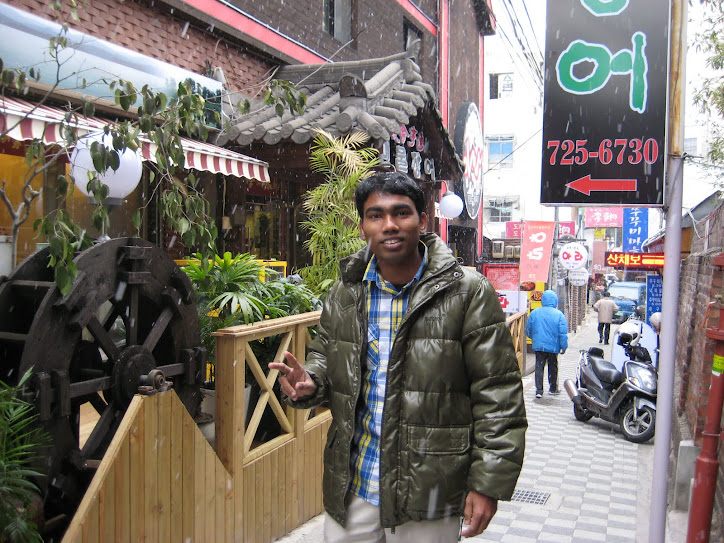The Problem with Presidents
We need global, not just national, leaders.
Mao Zedong was right. we should always focus on the primary, not secondary, contradictions. And right now, our primary global contradiction is painfully obvious: the biggest challenges of governance are global in origin, but all the politics that respond to them are local. There are many wise leaders around the world, but there is not enough global leadership.
The first decade of the 21st century has only accelerated the emergence of such challenges. The era began with 9/11, when a plot hatched in Afghanistan brought down the Twin Towers in Manhattan. In 2003 SARS jumped simultaneously from a village in China to two cities on opposite sides of the world—Singapore and Toronto. Barely six years later, H1N1 haunted the globe. The speed and ferocity of the Lehman Brothers crisis brought the world to the brink of a meltdown.
The biggest challenge of all is progressing more slowly than the financial crisis. But climate change is the perfect example of just how ineffective our current leadership structures are. The solution to global warming is quite simple: we have to increase the economic price of greenhouse-gas emissions equitably, with rich countries paying more and poorer nations paying less, but with all countries paying some price. Yet someone has to make the first move. America—whose population is only 5 percent of the world but consumes 25 percent of the world’s gasoline—is the obvious candidate. If the price of a gallon of gasoline in the United States were to be raised by $1 (and that would still make an American gallon cheaper than a European or Singaporean gallon), the change in driving habits would dramatically cut greenhouse-gas emissions. And American leadership, by example, would likely change attitudes in other nations.
In many ways, the United States is the wisest country in the world. It certainly remains the most successful, despite its recent travails. Yet in this land of wisdom and success, not one American politician would dare advocate a $1 solution to save the world. It would mean immediate political suicide. Herein lies the nub of the problem. Politicians are elected in local constituencies to take care of local concerns. Those who try to save the world will not last long.
This is why humanity needs a wake-up call. We can develop good domestic governance, from New Zealand to the Netherlands, from Singapore to Sweden. But good national leaders can only mitigate the shocks of global challenges, not solve them. Solutions have to be tackled through global organizations like the United Nations and the International Monetary Fund, or global coalitions like the G20.
In theory, everyone agrees that we need to strengthen and open up these institutions. In practice, however, global organizations and coalitions are controlled by a few powerful national governments that put their national interests ahead of the world’s. This is the ultimate global paradox. Great powers want to use their status to dominate global organizations—think of how the United States and Europe still split the leadership of the World Bank and the IMF. But the more they control and distort the agenda of those institutions, the more they weaken them. And if these organizations are weak, solutions to global problems will simply not emerge.
The only way around this is to develop a strong, new international consensus, among citizens as well as governments, that the world needs more global governance (not global government). Only then will the mightiest nations think of the greater good and allow institutions—from the G20 to the U.N., from the IMF to the World Trade Organization—to be revitalized. Yes, these bodies are imperfect. But in the world of politics, it is easier to reform existing institutions than to create perfect new ones. Mao’s successor, Deng Xiaoping, taught us how pragmatism could revive one great civilization. We need to muster the same pragmatism to save humanity.
Mahbubani, dean of the Lee Kuan Yew School of Public Policy at the National University of Singapore, is the author of The New Asian Hemisphere: The Irresistible Shift of Global Power to the East.


